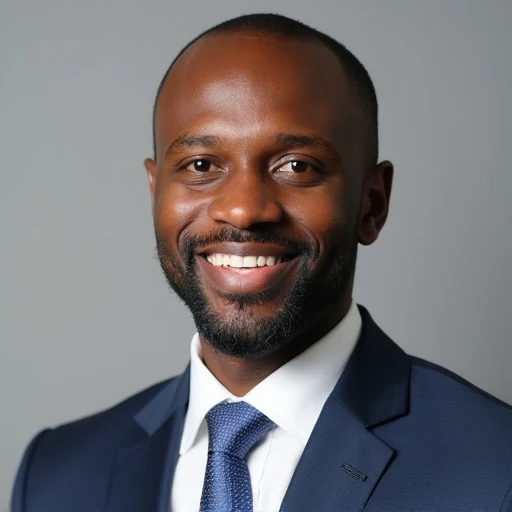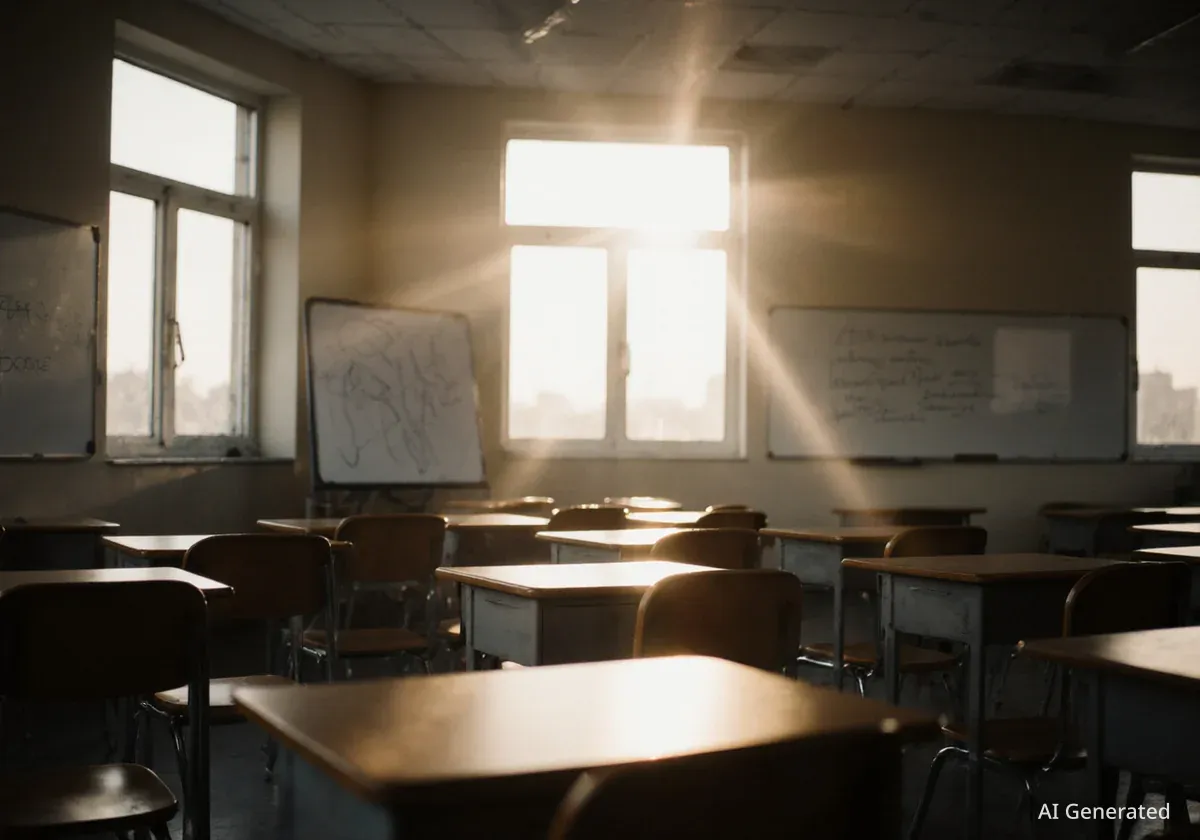Public school districts across the United States are increasingly incorporating teaching materials from the Zinn Education Project, a nonprofit organization that provides resources for students from pre-K through 12th grade. The organization, named after the late historian Howard Zinn, offers lesson plans that examine American history through a lens of social and racial dynamics.
According to the organization's own data, its influence is significant. Over 176,000 teachers have registered to use its materials, resulting in more than 765,000 lesson downloads nationwide. This adoption has placed the project's educational philosophy at the center of discussions about modern curriculum development.
Key Takeaways
- The Zinn Education Project (ZEP), inspired by historian Howard Zinn, provides educational resources to U.S. schools.
- Over 176,000 teachers have reportedly accessed ZEP materials, with more than 765,000 lesson plans downloaded.
- Major school districts, including New York City, Chicago, and Portland, are directing teachers to use ZEP resources.
- Lesson plans often focus on themes of racial and social oppression, re-examining historical figures and events.
- The curriculum has been used for topics ranging from Black History Month and climate change to the history of Christopher Columbus.
Who Was Howard Zinn?
The curriculum's framework is rooted in the work of Howard Zinn, a professor at Boston University from the early 1960s until 1988. Zinn, who passed away in 2010, is best known for his book, "A People’s History of the United States."
This book presents American history from the perspective of marginalized groups, challenging traditional narratives. The principles outlined in his work form the foundation for the lesson plans and resources provided by the Zinn Education Project.
A Different Perspective on History
Howard Zinn's approach to history focused on telling stories from the viewpoint of those often left out of traditional textbooks. His work emphasized the roles of class, race, and gender in shaping historical events, from the arrival of Christopher Columbus to modern-day conflicts. Zinn himself identified with various political labels during his life, stating in 2003, "Something of an anarchist, something of a socialist. Maybe a democratic socialist."
Adoption in Major School Districts
Some of the nation's largest public school systems have pointed their educators toward the Zinn Education Project's resources. These districts often recommend the materials for specific heritage months and educational initiatives.
New York City Public Schools
New York City Public Schools, the largest district in the country, encourages its teachers to utilize ZEP resources for several observances, including Black History Month, Women’s History Month, Disability Pride Month, and Pride Month.
For example, a resources page for Black History on the school system's website suggests a ZEP resource called "Teaching with Seizing Freedom." This resource, a podcast companion, is described by ZEP as a tool to introduce students to "the imaginative, defiant ways that Black people sought and enacted freedom throughout U.S. history."
Chicago and Portland
In Chicago Public Schools, the Zinn Education Project is listed as a resource on an "Equity Tools" page. This page provides links to various social justice materials, including the ZEP homepage, intended for educator use.
Similarly, Portland Public Schools in Oregon directs teachers to ZEP for Black History Month materials. The ZEP website offers an extensive collection of resources for this topic, spanning hundreds of webpages with lesson plans and articles.
Focus on Language and Identity
One resource recommended on the ZEP's Black History Month page is a book titled "The Real Ebonics Debate: Power, Language, and the Education of African-American Children." The book's summary describes Ebonics as "the distinctive language of many African-American children" and calls for teachers to engage in discussions about it in the classroom.
Content of the Lesson Plans
The lesson plans provided by the Zinn Education Project cover a wide range of historical and contemporary topics, often encouraging students to question established narratives and analyze events from multiple perspectives.
Re-examining Christopher Columbus
In 2021, eighth graders in Columbus City Schools, Ohio, were assigned summer homework from ZEP that focused on Christopher Columbus and the Taíno people. The lesson described Columbus's actions as leading to "mass murder" and criticized other textbooks for erasing the Taíno from history.
"Columbus' practices of enslavement, terrorism and ultimately mass murder are shocking. For that reason, it is tempting to focus only on Taíno deaths. However, those deaths can seem abstract and distant unless we learn something about Taíno lives."
The lesson included a quiz to assess student comprehension of the material presented.
Climate Change and Corporate Responsibility
The curriculum also extends to modern issues like climate change. Sarah Giddings, a middle school social studies teacher from Mesa, Arizona, provided a testimonial on the ZEP website about using its resources to teach environmental topics.
Giddings described a mock trial activity based on a role-play titled "Who’s to Blame for the Climate Crisis?" She noted that the activity engaged students on both an emotional and intellectual level. "By this point of our study, my students were emotionally and intellectually ‘invested’ and were genuinely curious as to what or who is responsible for the environmental crisis," her testimonial states.
Teacher Perspectives and Impact
The ZEP website features numerous testimonials from educators who have integrated the materials into their classrooms. Many praise the resources for helping students develop critical thinking skills and engage with history more deeply.
Corey Wincester, a high school history teacher from Evanston, Illinois, shared his experience using the project's materials for nearly a decade.
"I’ve used the Zinn Education Project’s materials since my first year teaching. Nine years later, my students can speak to the power of deconstructing the narratives of Christopher Columbus and Abraham Lincoln’s efforts that have replicated white supremacy and marginalization of people of color in historical discourse."
The widespread use of these materials highlights a broader trend in education that emphasizes diverse perspectives and critical analysis of historical events. As more districts direct teachers to these resources, the educational philosophy of Howard Zinn continues to shape how a new generation of students learns about American history.





